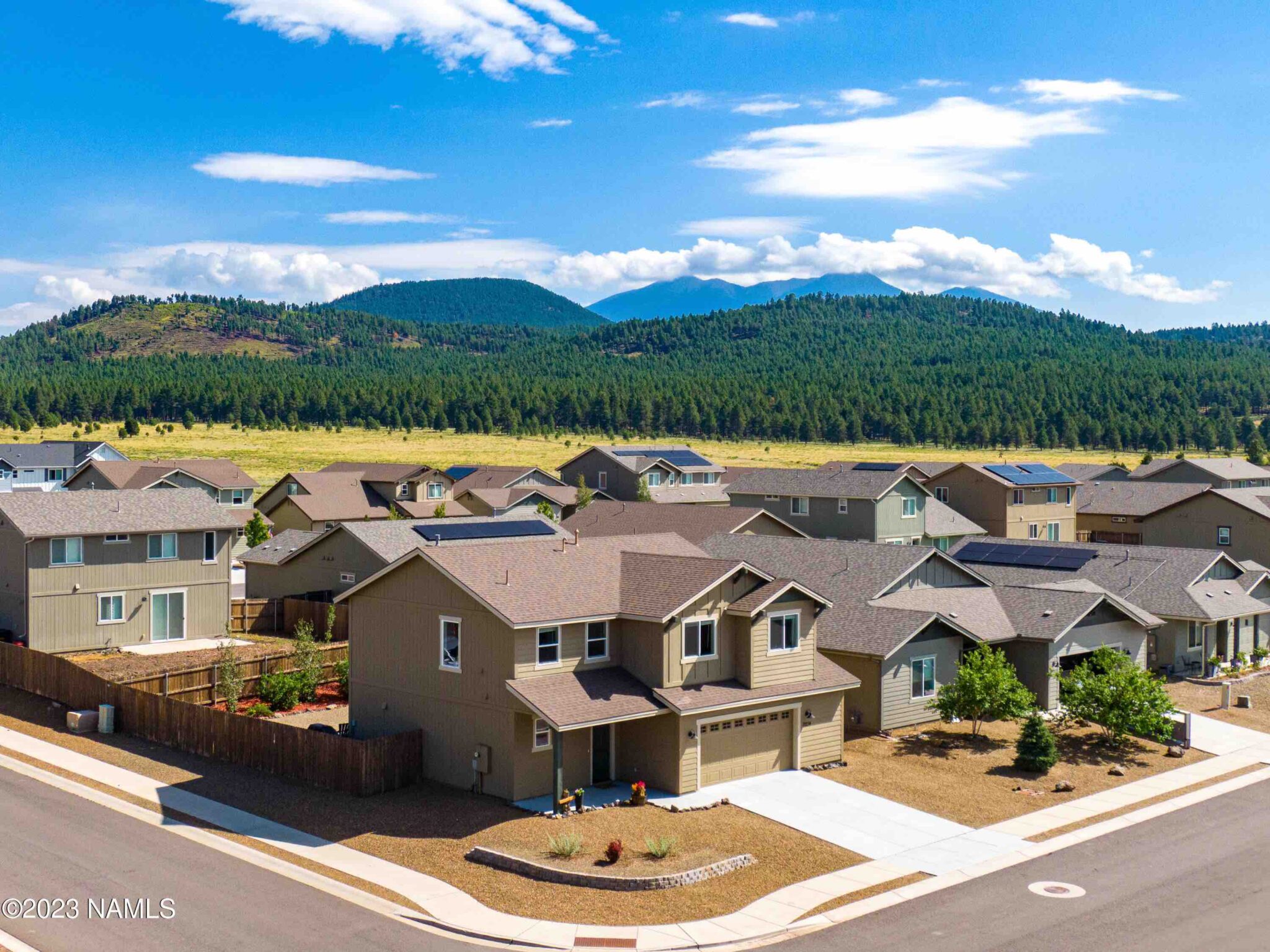When buying a Flagstaff home, consider these points
Anyone who has ever bought a home—or rented one, for that matter—has likely heard this standard piece of advice: Don’t commit to more than you can afford.
But there are other questions you should be pondering before and during your home search to find a place that’s best for your needs. Housing designer Marianne Cusato wrote a whole book, The Just Right Home, about how people can search their souls to find a home that’s a perfect fit.
“Right now, it’s a great time to purchase,” she said, especially given low mortgage-interest rates. “But you’ll lose more money by jumping into the wrong house” than paying higher interest rates later. So take a breath. It pays to critically consider your housing options.
For example, unexpected repairs can catch homeowners off guard. Or, if you decide after a couple of years that you need to move again, you’ll be spending money on another round of closing costs.
Even if a bad choice doesn’t cost you money, it could mean the difference between loving and tolerating where you live. A recent survey by Trulia, a real-estate website, found that 56% of renters and 50% of homeowners have regrets about their current home or the process of choosing it. Homeowners most commonly wished they had bought a larger home, according to the survey of 2,000 consumers. Renters most commonly wished they had bought instead of rented.
To avoid buyer’s remorse, Cusato told MarketWatch.com real estate advisor Amy Hoak that she recommends considering the following:
1. What is the home’s proximity?
As the adage has it, the three most important considerations when buying real estate are location, location and location. After all, you can change much about how a home functions and looks after you purchase it, but you can’t change the location of the lot on which it is built.
“Proximity,” according to Cusato, is where the home is in relation to what you do every day. She urges that you “Think about where you have to go to take the kids to school, where you go to work, where you get groceries. What do you want your lifestyle to be in your free time?”
Buying at a distance from a city center may give you a less expensive home price, but some who did this during the housing boom ended up spending 30% of their incomes on transportation alone. Your time is valuable. Do you want to spend it commuting?
2. What hidden costs are in store?
Perhaps your list of must-haves includes a large yard for the kids to play in. But before buying all that land, Cusato said she advises considering whether it’s worth the expense of keeping it up. Think about how you want to engage with your outdoor. If all you want is a pretty scene through a window, maybe a smaller yard with a view makes more sense for you—that way someone else is on the hook for the upkeep.
Also consider what it will take to heat and cool the home before buying it. Cusato suggests asking for utility bills, but I always advise that you be cautious in looking at what someone else spent to heat or cool a home – their comfort level and occupancy use may not be the same as yours. Look at the structural components and think about the space. Use consultants.
3. Ask yourself: Is it what you really want?
It’s easy to go with the flow and do what you think most people do: rent after college, then buy a starter house, then a move-up house, then a retirement home in Arizona. Instead, focus on meeting your needs, Cusato said. Personally, I bought five homes from age 26 to 45 and plan to die in this last one – I finally got it right.
Don’t worry too much right now about the resale value of the home. “Worry about the next owner later. When we actually meet our needs, there are a lot of people who have those similar needs, too,” she said.
4. Ask yourself: Is this what you really need?
Take a reality check. Will it be enough space for your family a few years down the line, or will you have to move if your family grows? Will it be too much space in a few years?
Can you afford this home now and in the future? Don’t stretch, figuring you’ll have a bigger income down the line, Cusato said. If you get a raise, it should make your budget that much more comfortable.
It’s really easy to push that limit by mistake. “Maybe you push the limit on the mortgage, but then get ambushed by how much it is to get to and from [the house] or how much it is to maintain it,” she said.
5. Have you mastered the balancing act?
A home isn’t sustainable if you can’t easily live in it or can’t make the payments, or if you simply don’t like living there. But “there’s no such thing as the perfect house at the perfect price in the perfect place,” either, Cusato said.
Compromises will need to be made, especially purchasing in a smaller, expensive market like Flagstaff. Get help thinking through what’s right for you. Contact the Elite Team at RE/MAX Peak Properties.

